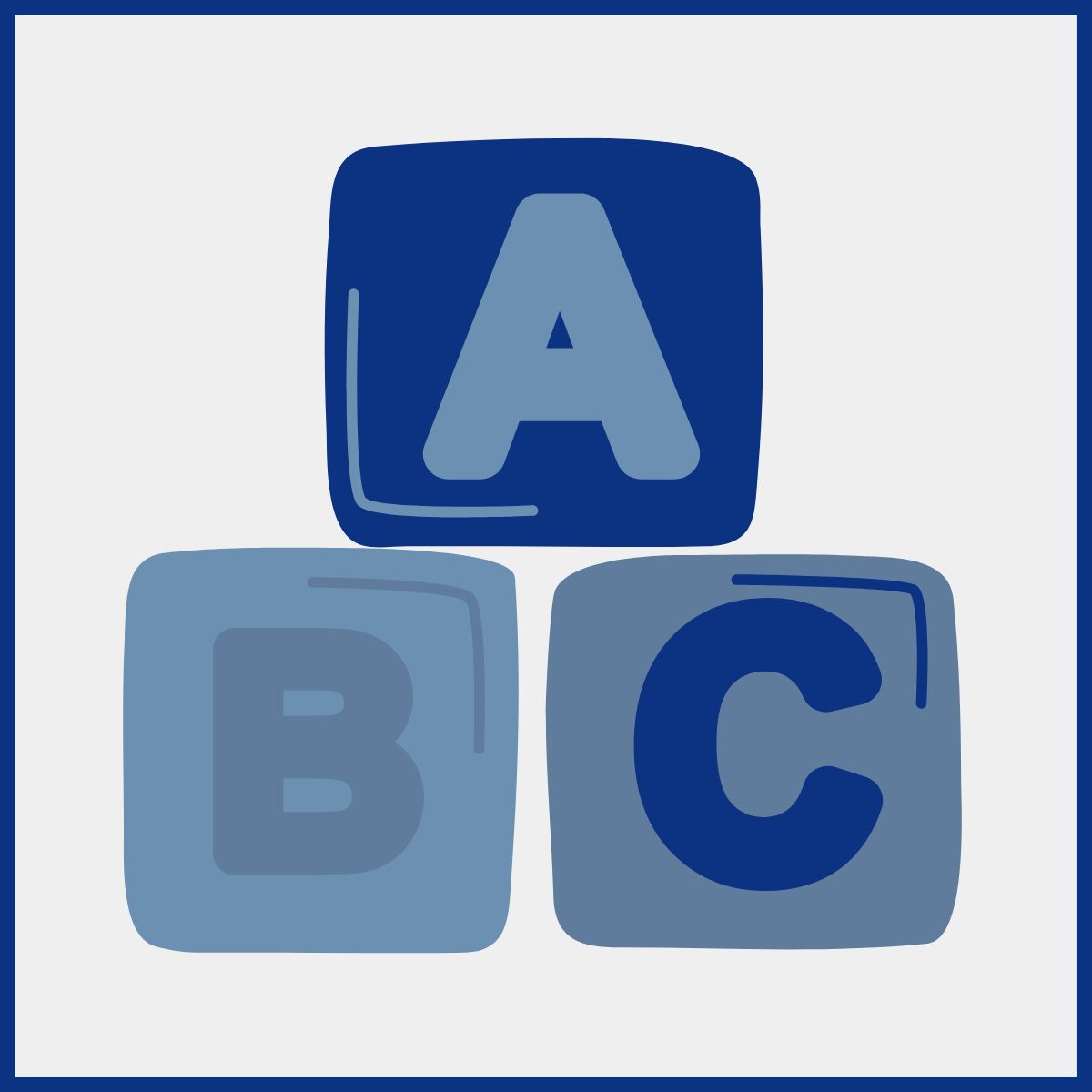Readers are creatures of habit, ones forged during our formative years. Anyone with an affinity for books in their matured years will, in most cases, have grown up with reading.
Whilst many children were encouraged or ‘forced’ to read during the primary/elementary school days, it is unlikely that many of them ever carried on reading (beyond what was necessary).
So, for readers who never dropped the habit, why should you return to books that are well below your reading level now?
It’s not a debate about ability, nor does nostalgia play a large part in my argument — it’s simply about rekindling a love for reading. Even if you, I, or anyone else proclaims that they love reading, slumps still occur, and the easy ride of a familiar and fun story can relieve that slump quicker than pressing forward with new works.
By abstracting literature of its complexities, whilst basking in the comfort of a more casual and shorter experience, the brain still gets its fix of reading dopamine, alongside receiving a metaphorical workout.
Speaking from a personal standpoint, I much prefer books that are constructed out of tangible language, not those that go through the hassle of shoehorning complex and fanciful words for the sake of it. With consideration for my own enjoyment and time, I’d be tempted to take a book for younger audiences over one that tries to prevent less adept individuals from enjoying it.
These annoying habits of stubborn authors, often acting in the vain of sophistication, are a major deterrent for a lot of readers that find themselves in a slump. As a child, it’s quite fun to learn new words, but it becomes a rather tedious affair as an adult, especially when you’re trying to unwind during your free time.
If you can come away from a book with a handful of new words, or maybe a colloquial saying/slang from the author’s past, then that’s a positive. If it’s a book that makes you keep your phone or dictionary handy, then it’s just a burden. Even the most experienced readers will still come across unfamiliar terms and language, whether old or new.
When reading the titles you have previously read over a decade or more back, you bear no real risk of stumbling into such annoyances. As I stated, it’s an easy refresher for your brain, stimulating and comforting, not a slog through lengthy paragraphs and needless complexity.
Another thing to cast aside is your reader’s pride, which is often brought about by the scorn of others. Literature designed for mature/maturing children, anywhere between the ages of ten and seventeen, doesn’t deserve to be written off because of its intended demographic. With plenty of adults (who don’t actively read) indulging in toys, shows, or video games that are predominantly catered towards children, why do books have to be the exception?
If you are going to take anything away from this small post, then leave with the acknowledgement that reading itself is enough. Reading over, as well as enjoying, books from your younger years does not discredit the advancements in your literary ability since, merely a step back into less stressful grounds. Just as people binge shows and films they watched growing up, it’s entirely plausible to replicate such things with books and literature. Like comfort food, it’s for enjoyment and relaxation, not for fretting over and feeling guilty about.
In short: read a book you have fond memories of, grasp details you maybe missed as a child, and perhaps form a new opinion of the work. The influence of time and personal growth can make a familiar story surprisingly different to each reader. Most of all, enjoy the book for what it means to you. It stands as something fixed in time, whereas you are always growing, learning, and changing.

Leave a Reply